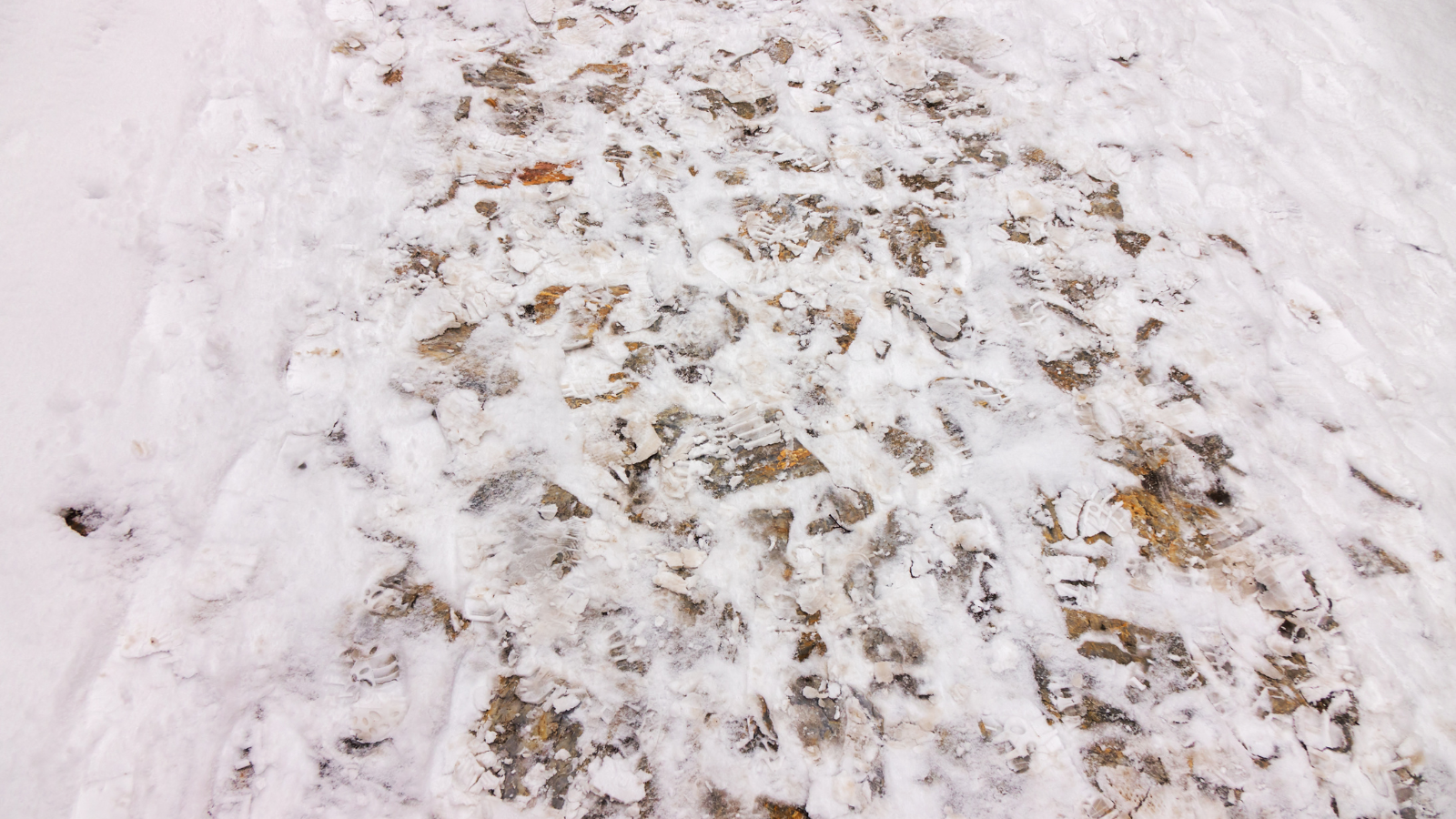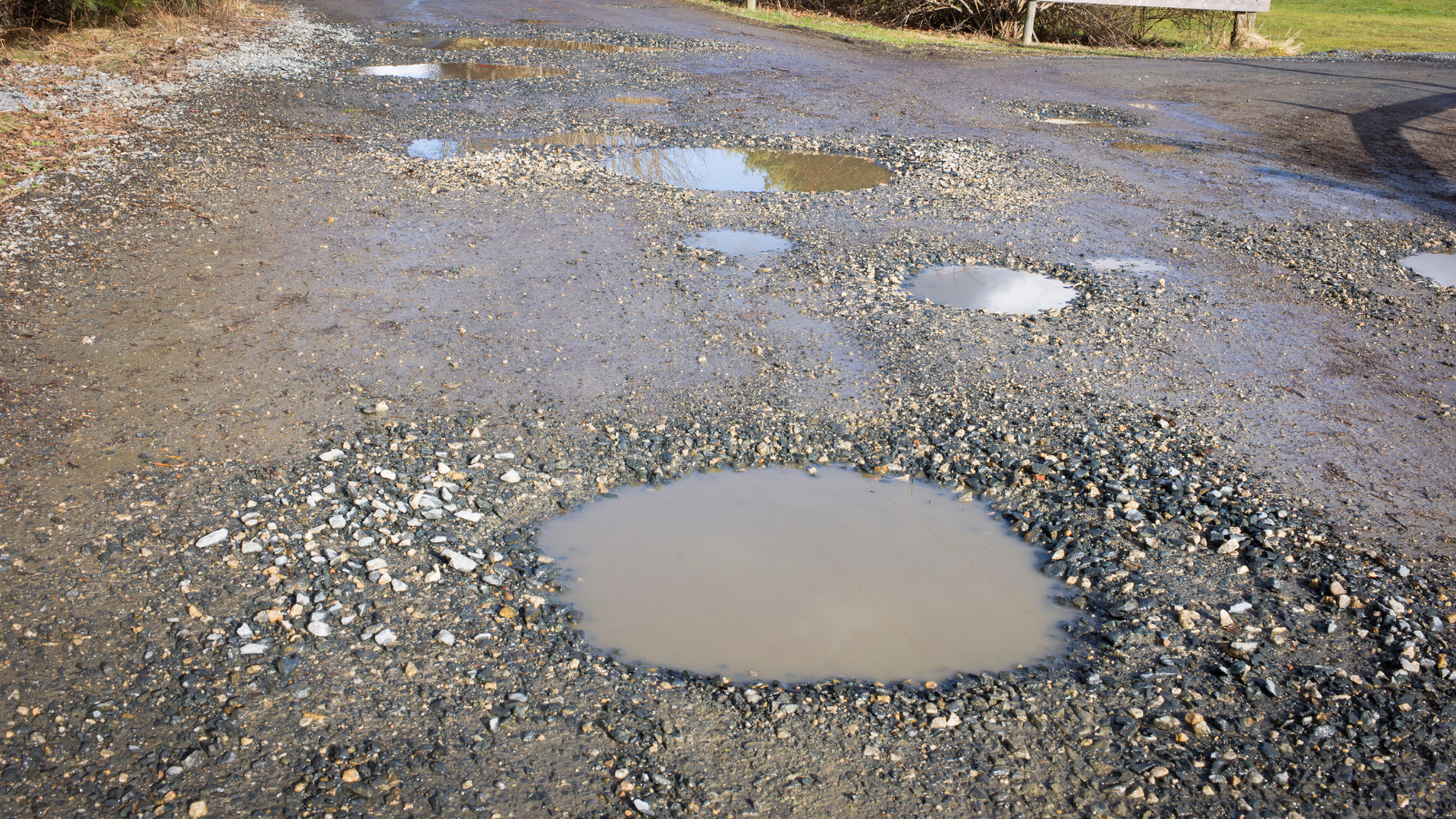As winter approaches, it’s crucial to prepare for the challenges that snow and ice bring. Effective winter care and ice management encompass a range of practices aimed at maintaining the safety, accessibility, and integrity of your property during the colder months. This article explores the significance of ice in climate regulation, provides practical tips for winter property management, and offers guidance on protecting your driveway pavement.
Elizabeth Paving is your go-to source for premium asphalt services, from paving to repair and maintenance, serving residential, commercial, municipal, and industrial sectors. Call (908) 458-9401 during business hours, and you’ll receive a response on the same day.
What is Winter Care and Ice Management?
Winter care and ice management involve a series of proactive measures to handle the effects of snow and ice. These practices ensure that residential and commercial properties remain safe and functional during winter. From clearing snow and de-icing pathways to maintaining structural integrity, winter care requires thorough planning and consistent effort.
Why is Ice Important to Climate Regulation?
Ice plays a fundamental role in regulating the Earth’s climate through two key mechanisms:
- Reflecting Solar Radiation
- Polar ice caps and glaciers reflect a significant amount of solar energy back into space, a process known as the albedo effect.
- This reflection helps moderate global temperatures and prevents excessive warming.
- Insulating Oceans
- Ice forms a protective layer over the oceans, stabilizing marine temperatures.
- This stability supports diverse ecosystems and maintains the balance of oceanic life.
The Threat of Melting Ice
Climate change has led to increased ice melting, which disrupts these vital processes:
- Reduced Albedo Effect: With less ice, the Earth absorbs more heat, accelerating global warming.
- Ecosystem Disruption: Rising ocean temperatures threaten marine life and disrupt ecological balance.
The Need for Action
Preserving ice is essential for maintaining climate stability. Efforts to combat climate change, such as reducing greenhouse gas emissions and supporting conservation initiatives, are critical to safeguarding this delicate balance.
Winter Property Management: Tips for Snow & Ice Management
Effective winter property management ensures that your premises remain safe and accessible, minimizing the risks associated with snow and ice. Here are some tips for managing snow and ice on your property:
1. Regular Snow Removal: Clear snow from driveways, walkways, and other critical areas regularly. Use a snow blower or a sturdy shovel to ensure paths are accessible.
2. De-icing Solutions: Apply de-icing agents like salt or calcium chloride to prevent ice formation. These substances lower the freezing point of water, making it easier to manage ice buildup.
3. Grit for Traction: Spread sand or gravel on icy surfaces to provide better traction and reduce the risk of slips and falls.
4. Inspect and Maintain Equipment: Before winter sets in, ensure that snow removal equipment, such as shovels and snow blowers, is in good working condition.
5. Professional Services: For comprehensive care, consider hiring professional snow removal and ice management services, especially for larger properties.
5 Tips to Protect Driveway Pavement During Winter
Winter can be harsh on driveway pavements, leading to cracks, potholes, and other damage. Protect your driveway with these five tips:
1. Seal Cracks Early: Before winter arrives, inspect your driveway for cracks and seal them. This prevents water from seeping in and freezing, which can cause further damage.
2. Use a High-Quality Sealant: Apply a durable sealant to your driveway to provide an extra layer of protection against the elements.
3. Avoid Chemical De-icers: While effective, some chemical de-icers can damage pavement. Opt for less corrosive alternatives like sand or cat litter.
4. Regular Shoveling: Keep your driveway clear of snow. Allowing snow to accumulate and melt can lead to water infiltration and freezing, causing damage.
5. Proper Drainage: Make sure the drainage in your driveway is adequate to avoid water accumulation and freezing.
Conclusion
Winter care and ice management are vital to preserving your property’s longevity and safety. By understanding the significance of ice in climate regulation and implementing effective snow and ice management practices; you can protect your property and contribute to environmental sustainability. Taking preventative action now might spare you from significant repairs and hazards tomorrow. Face winter with confidence, knowing that your property is well-prepared for the challenges it brings.







